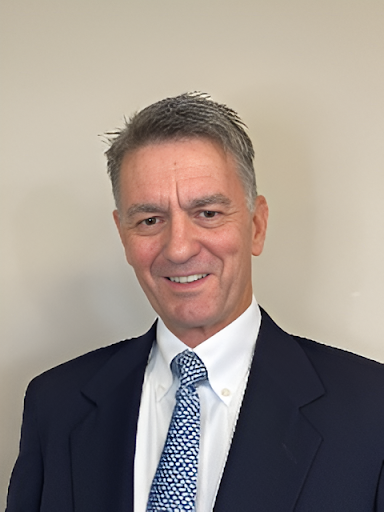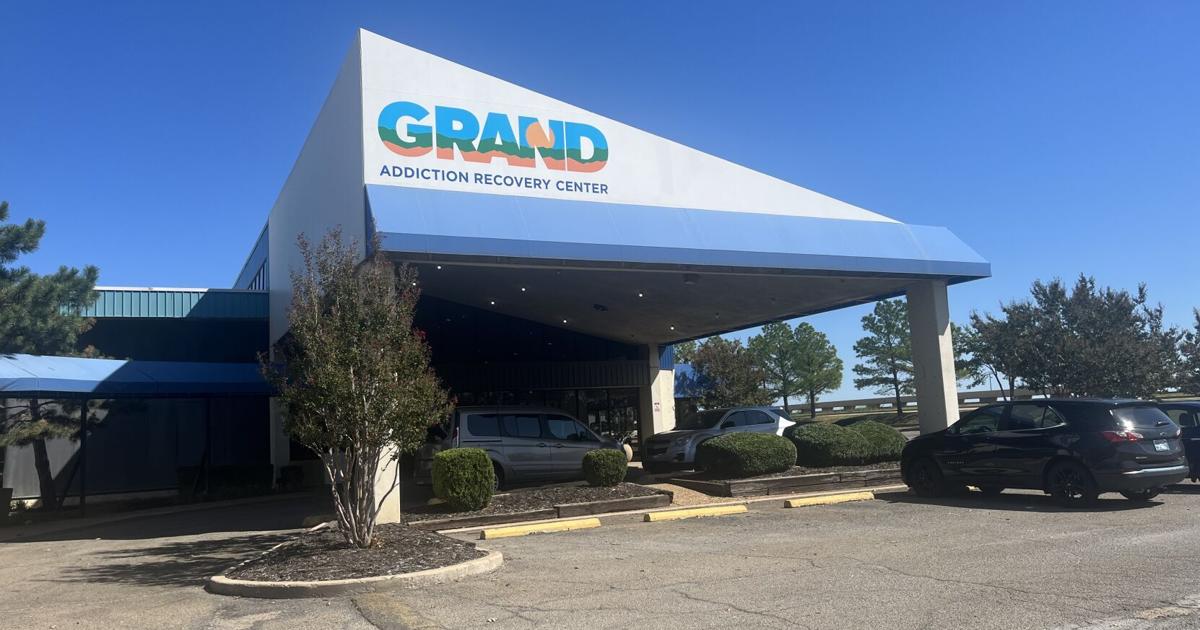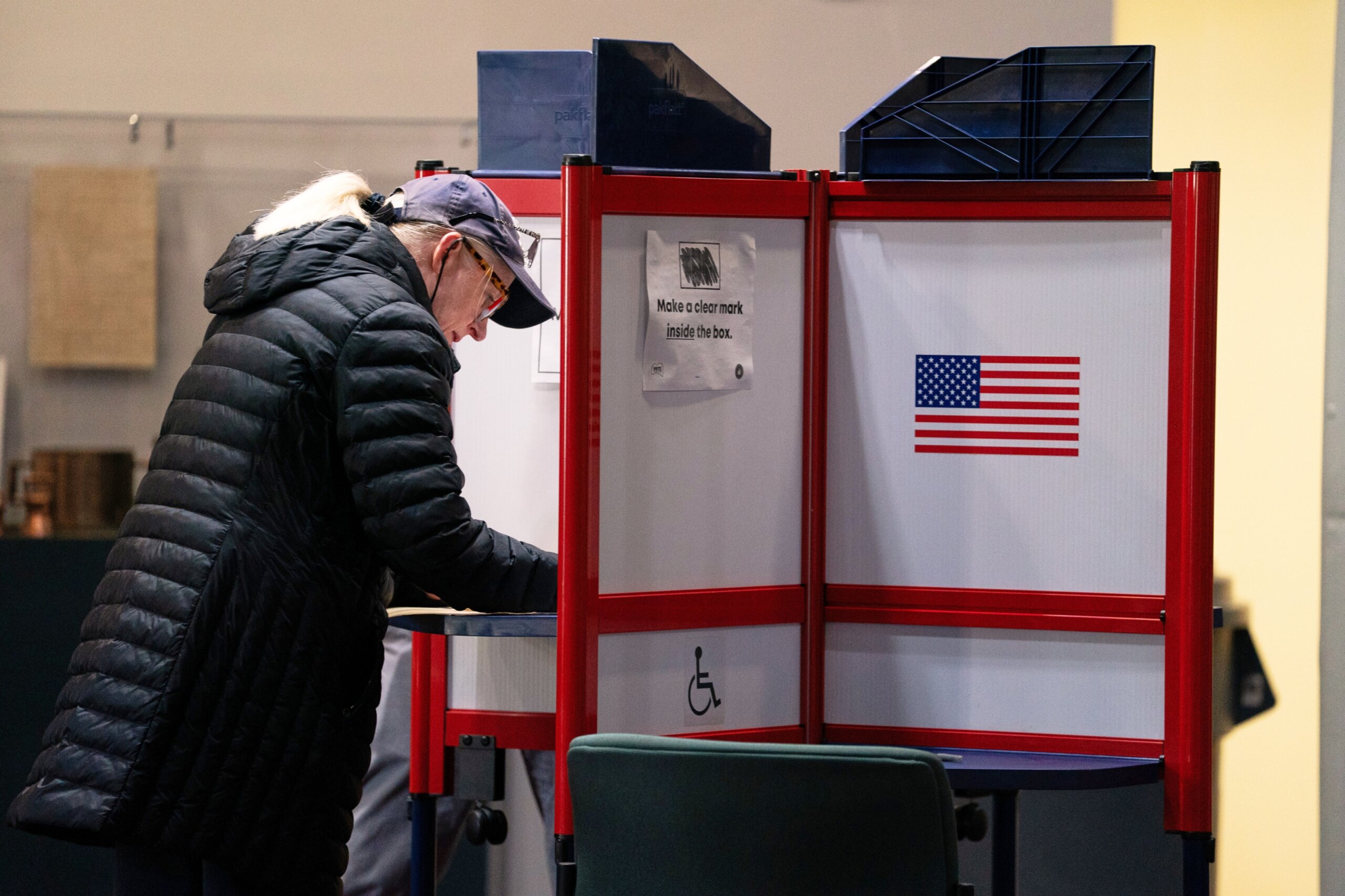Copyright International Business Times

One moment you are driving home, the next you are bleeding on asphalt, and the first call you make should not land in a sales funnel. Yet that is exactly what personal injury law has become. A marketplace of pain, where dignity is traded for data and compassion is buried beneath conversion rates. Law, at its best, is an act of service, a reflection of a higher calling to bring order, mercy, and restoration to chaos. Last year saw a dramatic surge in personal injury and product liability filings across the country. Total filings jumped nearly 80%, with other personal injury/product liability cases rising by over 70%, an increase of over 30,000 cases. Health care and pharmaceutical-related claims nearly doubled, climbing 98% with more than 16,000 new cases. Even general personal injury filings rose 30%. These figures represent thousands of individuals navigating pain, legal battles, and disrupted lives. I say this as someone who has spent a career in civil trial work. Justice begins the moment a person walks through the door or calls for help. The courtroom is one place it unfolds, but far from the only one. Too often, firms treat those calls as conversion metrics. At a seminar earlier this year, a polished TV lawyer answered the question "How do you keep your passion?" with a single word: "Money." That sentence offended me on a human level. Passion for a profession grows from late-night study sessions, hands extended in crisis, and promises kept to frightened clients. For many of us, it is a calling. A conviction that we were placed here by God to stand in the gap when others cannot. That passion is especially significant today. Recent reforms have compressed the window for injured people to seek relief. In Florida, for example, the timeline for most negligence claims was shortened from four years to two in 2023. It is a stark reminder that victims must act quickly to preserve their rights. Meanwhile, personal-injury protection minimums remain limited. Florida law mandates just $10,000 in PIP coverage, a sum that vanishes against medical bills and lost wages. These details often shape whether a person receives care or faces financial ruin. Legal realities intensify the moral duty civil trial attorneys carry. We are often the first, and sometimes the only, people who can translate chaos into order. That duty calls us to act as emotional first responders, steady hands in the storm, guided by grace as much as by law. That means securing medical care, arranging transportation, explaining insurance jargon in plain language, and sitting with someone whose life has split into "before" and "after." This work demands presence, empathy, and resolve. Trauma cuts across every demographic. I have had clients in cars worth a few hundred dollars and clients in cars worth six figures. The market value of the vehicle rarely reflects the pain felt in the human body. A totaled car can mean lost livelihood for someone who depends on it for work. A minor injury can lead to months of lost wages and mounting bills. When these scenarios are reduced to case values, both client and counsel lose their humanity. Some argue that the legal market demands efficiency and growth, that firms must scale to survive. Growth plays a role in sustainability. But when growth becomes the sole measure of value, and case counts outweigh client needs, the profession begins to corrode. Running a responsible practice means prioritizing people over volume and treating clients as individuals, not data points. What can strengthen the profession then? First, recommit to compassion as a core competency. Prioritize immediate needs, such as transport, medical referrals, and basic sanity checks, before diving into settlement strategy. Second, defend the vulnerable by taking smaller property damage cases and helping people rebuild, even when the fee is modest. Our work rarely appears on billboards, but it restores dignity. Last but not least, mentor younger lawyers to see litigation as a vocation. My daughter wanted to become a lawyer because she had witnessed this kind of work. That gives me hope. When the next generation of personal injury lawyers chooses justice over jackpot, the culture begins to shift. The impact is bound to be significant. A practice grounded in grace reduces re-traumatization, accelerates recovery, and often yields better outcomes. Clients who feel seen cooperate with investigations and trust the process, improving chances of fair compensation. Beyond financial results, you leave a legacy, proof that the law can be a place of restoration. Overall, lawyers must embrace graciousness over greed. Be the person who answers the phone at midnight because someone's life has changed. Be the attorney who prays for their clients and fights for them with both legal acumen and a human heart. That is the kind of legacy worth leaving. About the Author Jerry Pitkin is the founder and lead attorney of Pitkin Law, a Florida-based firm dedicated to personal injury and civil litigation. Known for his client-first approach, he built Pitkin Law to prioritize compassion, clarity, and results for individuals facing legal hardship. The firm handles cases involving car accidents, trucking collisions, slip and falls, and property damage, offering personalized advocacy and support throughout every step of recovery.



